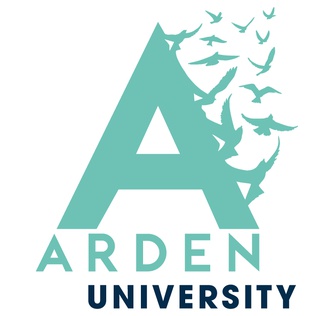📚About the Program
The Law School also has a long tradition of committing ourselves to developing the transferrable skills of students through projects such as Advanced Lawyering and Moot Court, and through cutting edge core modules such as Alternative Dispute Resolution. All of these initiatives promote ‘big picture’ holistic thinking, and can explicitly enhance student soft skills such as problem solving, decision-making, communication, teamwork, planning, critical thinking and human relations skills. In combination with our compulsory clinical education initiatives, they provide an integrating impulse –promoting a sense of coherence across particular programmes of study and facilitating students in understanding how their learning applies in particular contexts. It is not surprising therefore that our graduates have ended up as partners in major law firms, as partners in major accounting firms, at the bar, in senior roles in government departments, NGOs, at the EU, in academia, and private industry.
The LLM in International Commercial Law has been a very successful programme since its inception, with, on average, over 88% of graduates finding employment within a year of graduation. The programme will be particularly attractive to law graduates who wish to develop a specialisation in commercial law, and especially an ability to understand and apply commercial law in multi-jurisdictional scenarios.
The LLM in International Commercial Law immerses the post-graduate student in more detailed aspects of commercial law, as well as developing broadly applicable legal research and other transferable skills. The emphasis is on those areas of law, such as credit and security, intellectual property and competition law, which are critical to the operation of any commercial enterprise in the modern world. The programme also takes account of the increasing internationalisation of commerce with modules in global competition law and international trade organisations. This international focus of the programme provides opportunities for graduates to find employment, not just in Ireland, but in many other jurisdictions.
Show less












